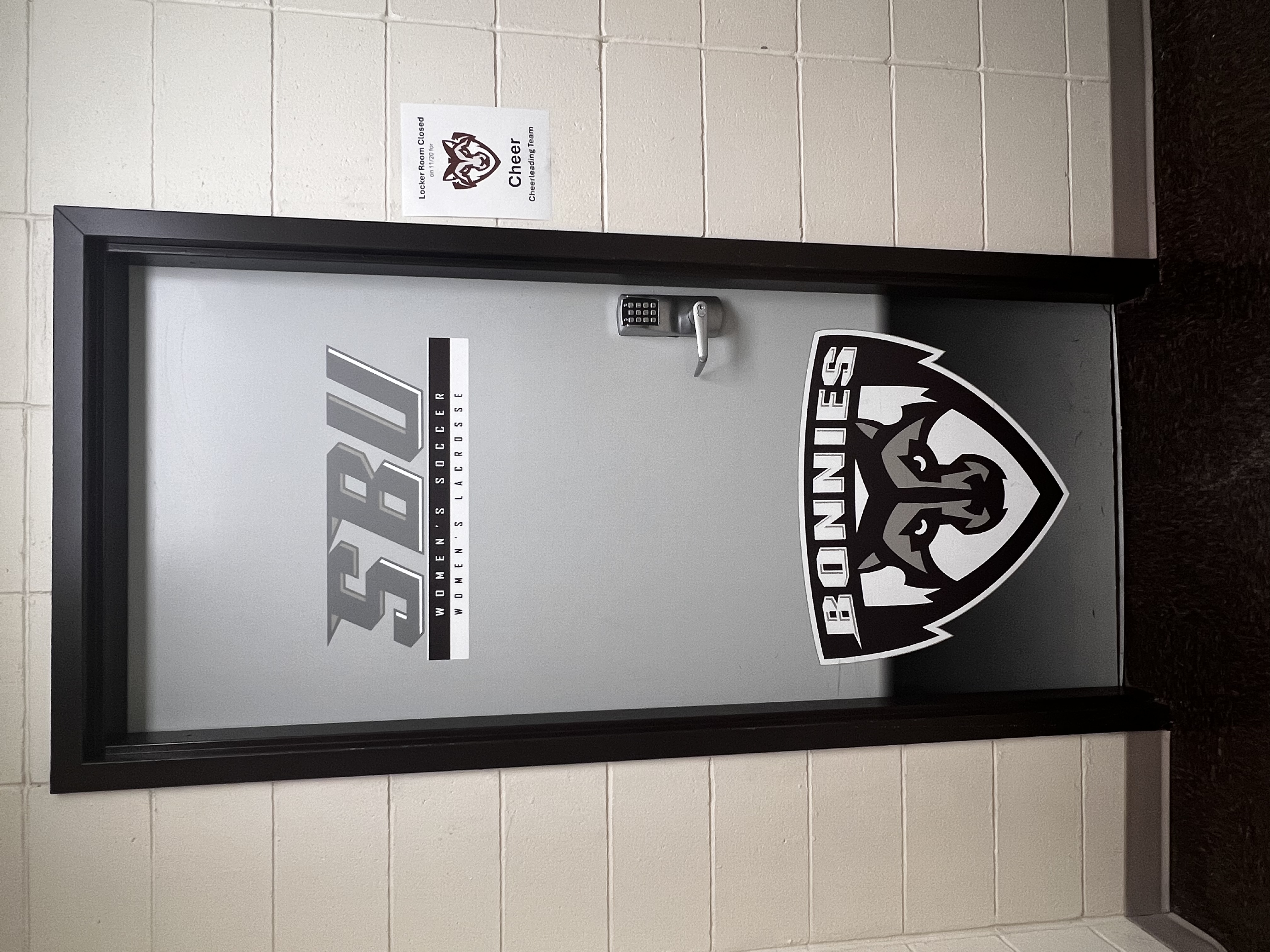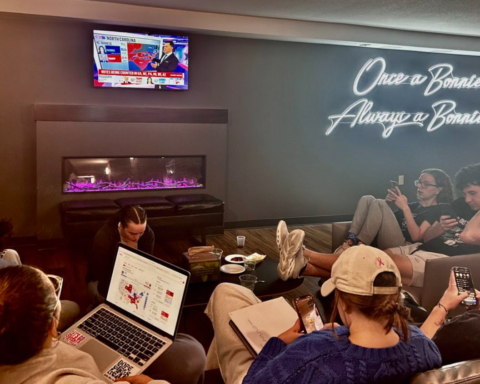By Kerri Linsenbigler
Associate Editor
Nearly 150 years after the end of the Civil War, the debate over its defining moment still wages on at St. Bonaventure.
The Steven Spielberg film “Lincoln,” shown in the Walsh Amphitheater last week, looks at the passing of the 13th Amendment as the defining legislation of the Civil War era. On Wednesday, Paul Finkleman, a professor of law and public policy at Albany Law School, disputed this claim during his talk on the Emancipation Proclamation.
Titled “How a Railroad Lawyer Became the Great Emancipator: Abraham Lincoln, The Emancipation Proclamation, and Spielberg’s Movie,” Finkelman’s lecture consisted of him talking about the road leading to the Emancipation and its impact on the Civil War and the United States. Finkelman confronted Lincoln’s critics head on, citing letters and articles written by Lincoln himself.
“I liked the little analogies he made to things that are relevant now,” senior education major Rebecca Tallman said. “What he read about what Lincoln truly did believe made me side more with him.”
Finkelman said many critics believe Lincoln was not wholeheartedly in favor of emancipation, and he only freed the slaves out of necessity and political pressure. Lincoln separated his political duty to preserve the union and his personal hatred of slavery, according to Finkelman. He explained to the audience the perfect storm of conditions necessary for emancipation to succeed, including constitutional and political support, security in the Border States (Missouri, Kentucky, Delaware and Maryland) and an upper hand in the war.
“I enjoyed how he didn’t just analyze text,” Anthony Tann, a senior political science major, said. “He went into what was actually going on at the time.”
Finkelman also pointed out a few discrepancies between Spielberg’s movie and the story history tells. In the film, there seemed to be resistance to the Emancipation Proclamation and the 13th Amendment, according to Finkelman. He said on the contrary, both pieces of legislation had solid support from Lincoln’s cabinet and Congress.
Both Tann and Tallman, after seeing “Lincoln” and hearing this lecture said they believe the Emancipation Proclamation to be the most important legislation of the Civil War era.
“He brought out the real perspective of what happened,” Tann said. “I just thought it was great.”






